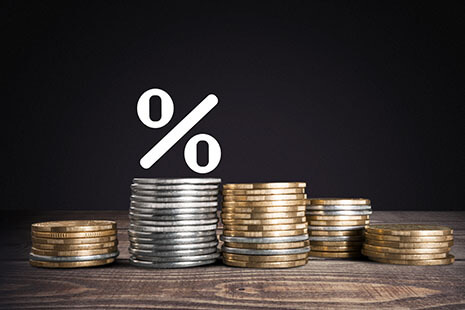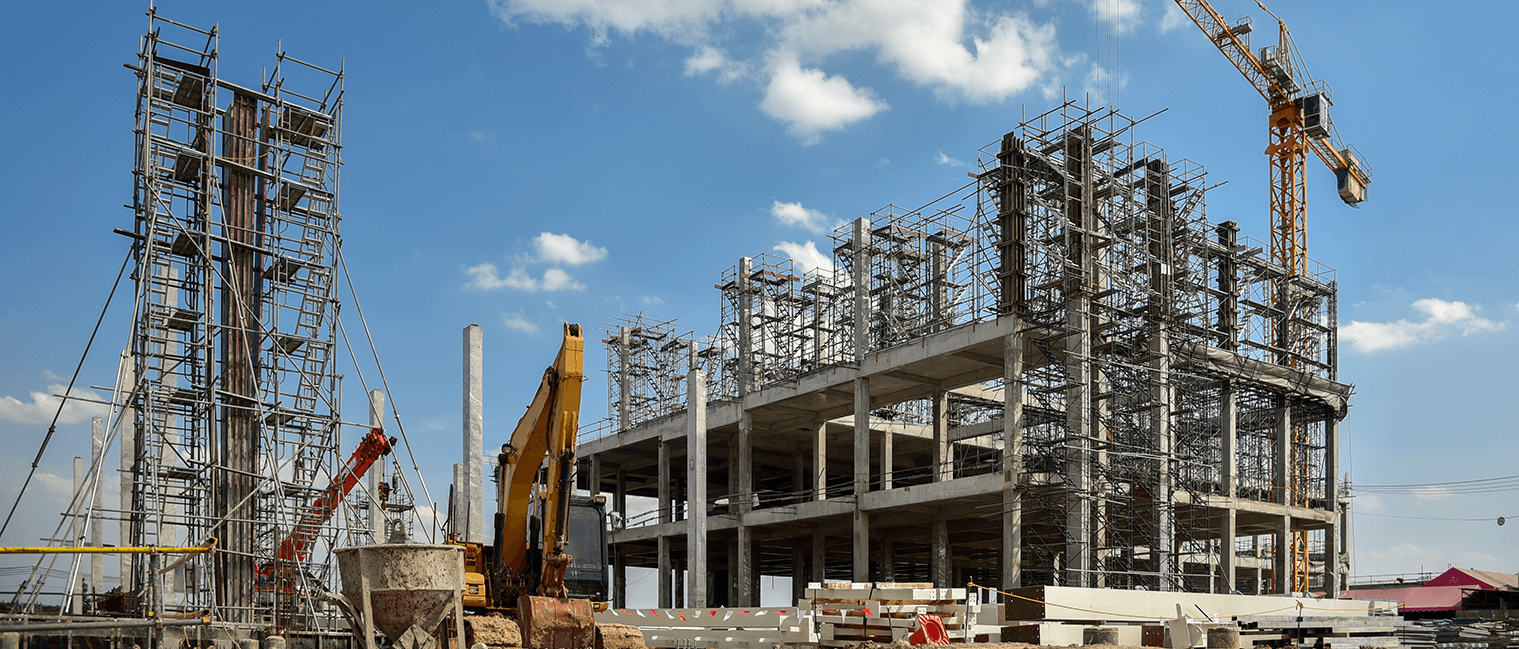The Bank of Canada has announced it is increasing its interest rate by a half-point, bringing it to a full 1%. This is the largest rate hike that has been seen since May 2000 and signals an official end to the BoC’s pandemic-recovery strategy. The aggressive increase is set to tackle rising inflation. The rate of inflation hit its highest rate in 31 years with 5.7% in February and is causing considerable volatility and uneven conditions across the global economy.
With the ongoing Omicron pandemic complicating recovery efforts, Toronto mortgage brokers are advising first-time homebuyers to carefully consider their options before initiating loans. Toronto’s housing market has been particularly affected by the pandemic, with prices and demand for affordable housing both fluctuating wildly. First-time homebuyers in Toronto may want to consult with a mortgage broker to get the best possible deal on their loan.
War is also further complicating economic measures with Russia’s invasion of Ukraine. This has caused widespread disturbances in economies across Canada, with countries in Europe experiencing the brunt of trade issues.

Even alongside all this inflation, the USA has grown at a much more moderate pace than Canada. US growth is expected to fall closer in line with worldwide growth whereas Canada’s economy is going to grow by over 4.25% this year with the US only growing around 3.5%.
The Bank of Canada’s interest rate hike is sure to have an impact on Toronto’s housing market. Mortgage brokers will be closely watching to see how this latest development plays out.
Although this is the first proposed hike by the BOC it is estimated that we will continue to see hikes in the future. Continued increases in the months and years to come will lead to the same expectations from the top 6 lenders in Canada. Their prime rates will be increasing alongside the rate hike from BoC.

The overall impact of the initial 0.5% is estimated to be $26 on average per month for every $100,000 on a loan or mortgage. With the average homeowner in the GTA carrying $600,000 on their mortgage, the reflected increase will lead to payments of $156 extra per month on average.
Although this first increase may not have an explosive impact on homeowners, future rate increases could make loans significantly more difficult to afford for the average homeowner or buyer in the GTA. As consumer goods go up and as we experience inflation across the board, increases in monthly housing payments could fluster budgets across Toronto.





